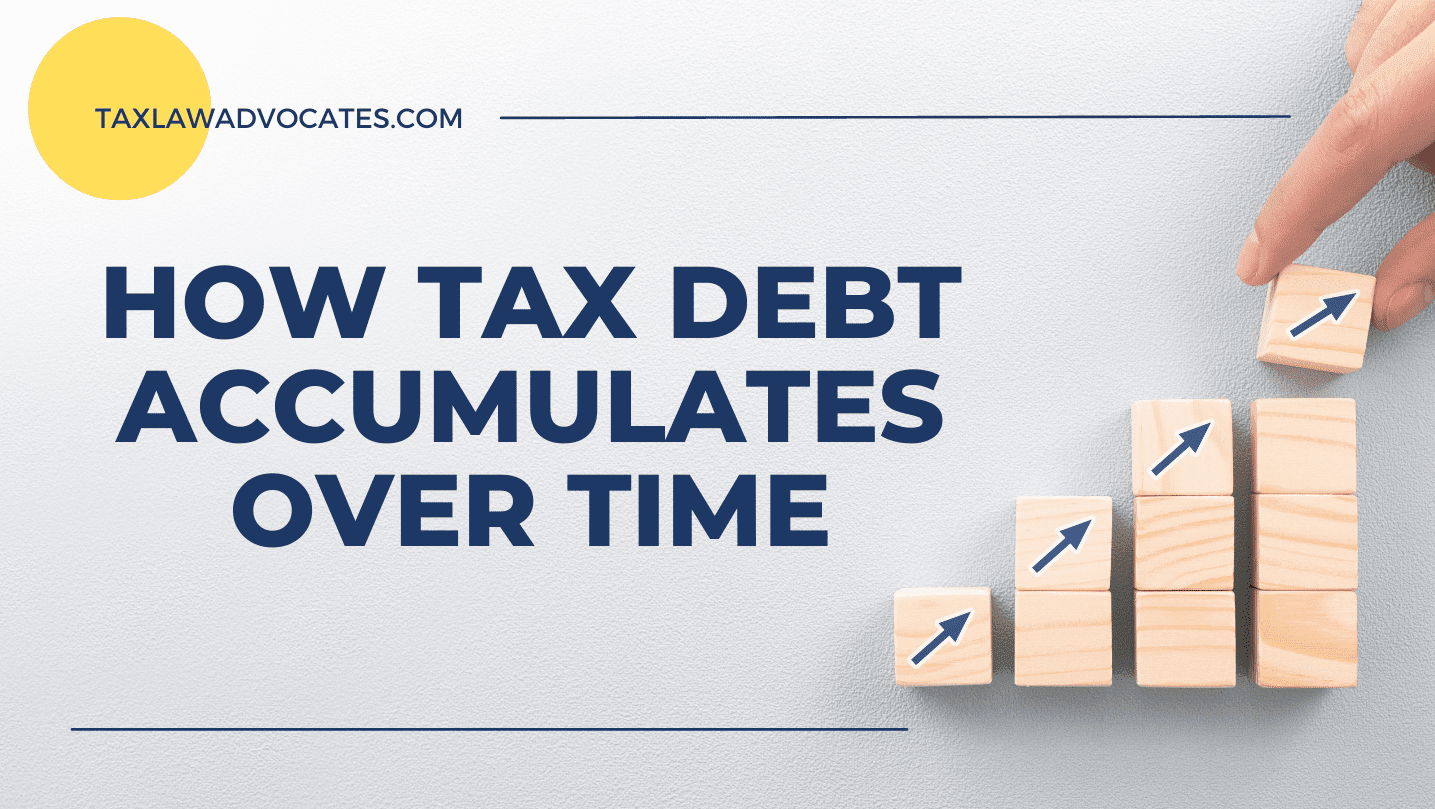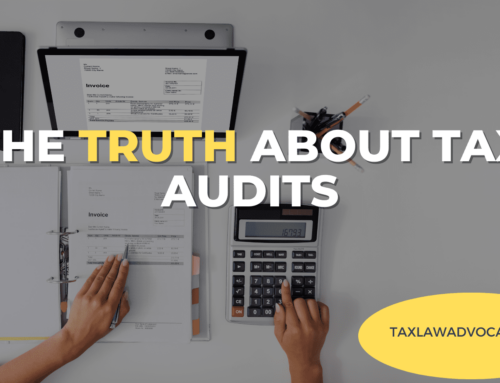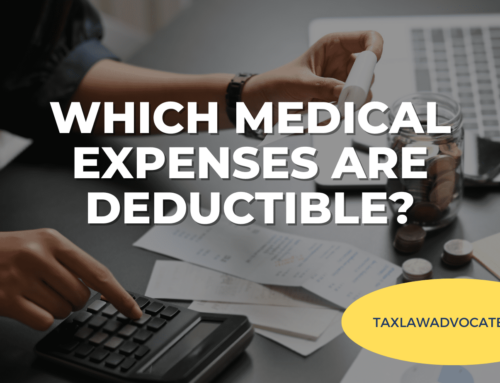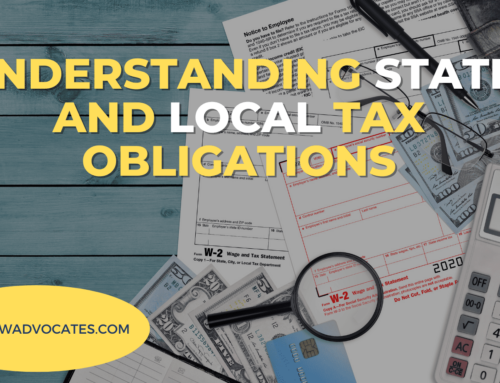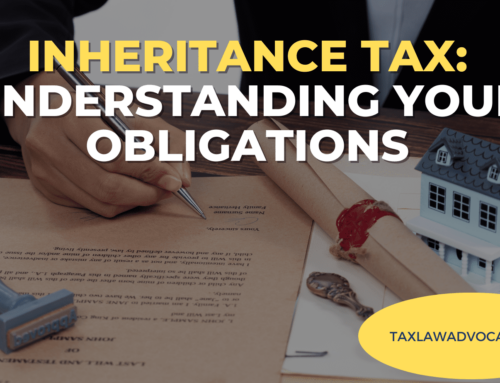If you’ve ever had to pay taxes, you know that the amount of money owed can add up quickly. But what happens if you don’t pay the taxes you owe? Does your tax debt increase from year to year? Let’s look into it.
Tax Debt Has Compound Interest
When a taxpayer doesn’t pay their taxes on time, the debt they owe continues to accumulate interest and late fees. These fees are compounded daily, which means that the longer you wait to pay them, the more they will add up. This is why it’s so important to stay on top of your taxes and make sure that you always file and pay them on time. If a taxpayer falls behind on their payments or fails to file their return at all, any debt owed will continue to accumulate interest until it is paid in full.
How Compound Interest Works
Compound interest is the interest earned on the initial principal and also on all of the accumulated interest from previous periods. It’s a simple concept, but it can often be hard to fully understand without an example.
Let’s say you owe $10,000 in tax debt and they have a 10% annual compound interest rate. After one year, you’ll owe $11,000: your original $10,000 plus $1,000 in compound interest (10% of your original principal).
In the second year, you would owe the IRS $12,100: your original $11,000 from the start of that year, plus another $1,100 in compound interest (10% of the accumulated total of both initial principal and first year’s earnings).
This cycle continues as long as the debt is owed. The more time passes, the higher your total debt will become due to compounding interest.
Penalty Fees
In addition to accruing compound interest on unpaid taxes, taxpayers may also incur additional penalties for not filing or paying their taxes in a timely manner. Some of these penalties include failure-to-file penalties, failure-to-pay penalties, and accuracy-related penalties. All of these fees can add up quickly and have the potential to multiply a taxpayer’s debt exponentially over time.
Failure To File Penalties
According to the IRS website, as of January, 2023, “The Failure to File Penalty is 5% of the unpaid taxes for each month or part of a month that a tax return is late. The penalty won’t exceed 25% of your unpaid taxes.” Learn more on their website.
Click the links below for more information about each:
Failure to Pay Penalties – IRS.gov
Accuracy-Related Penalties – IRS.gov
IRS Payment Plans
The good news is that taxpayers who owe back taxes do have options for managing their debt without having to worry about incurring additional penalty fees or compounding interest payments. The IRS offers several payment plans (including installment agreements) that allow taxpayers who owe back taxes to pay off their bills over an extended period of time without getting further behind on payments or increasing their overall tax burden unnecessarily.
Contact Tax Law Advocates For Help
Tax debt can be intimidating — but it doesn’t have to be unmanageable. Taxpayers have rights, and one of those is the right to a qualified representative like Tax Law Advocates who can help reduce or possibly even eliminate your tax debt.
So even if you do fall behind on your payments or fail to file your returns altogether, there are still options available for managing your debt without getting further behind financially — including installment agreements and other payment plans offered by the IRS. Don’t let tax debt get out of control — take action now!
Call us for a free consultation and learn how we can help you be free of tax debt.

